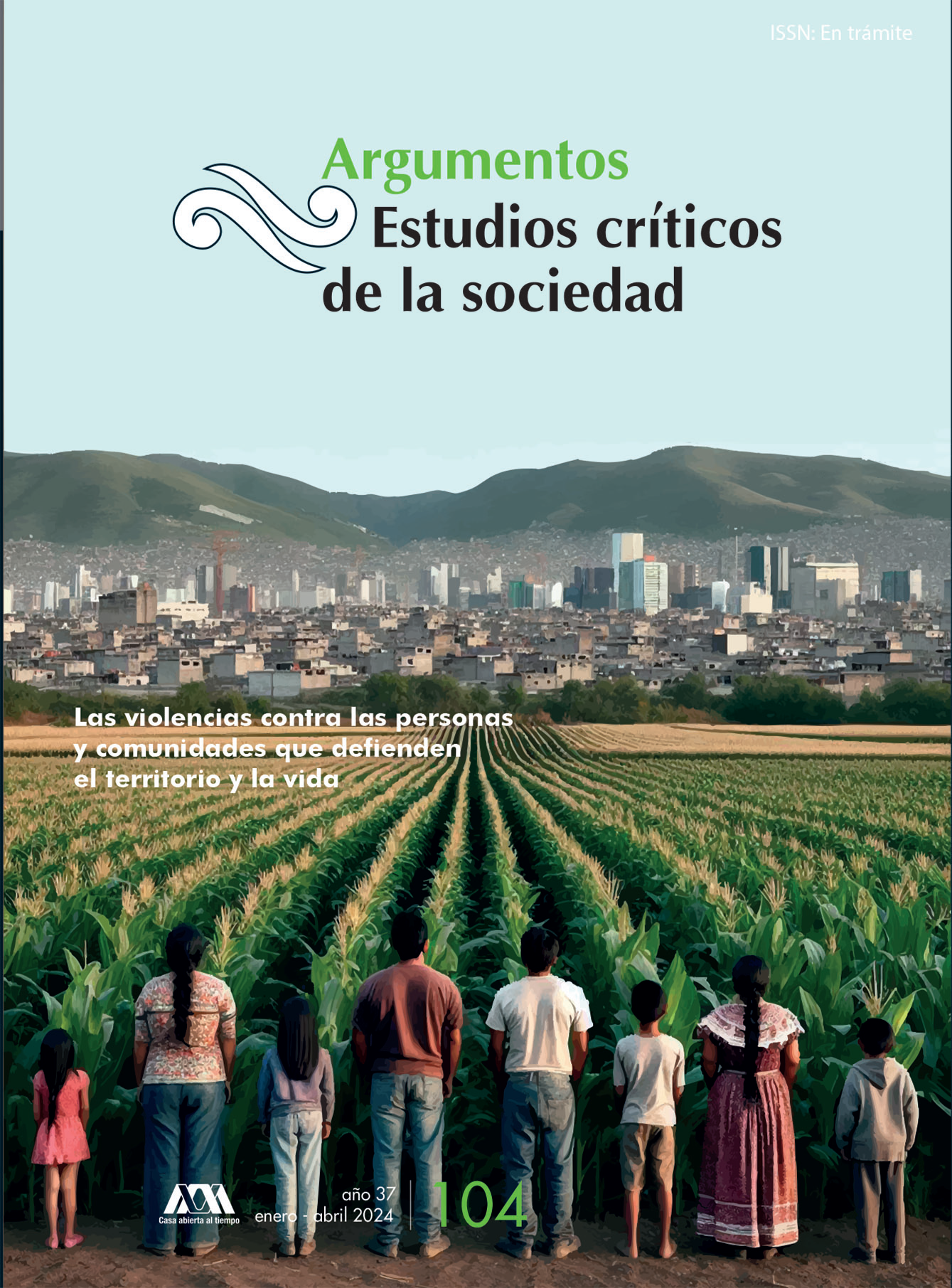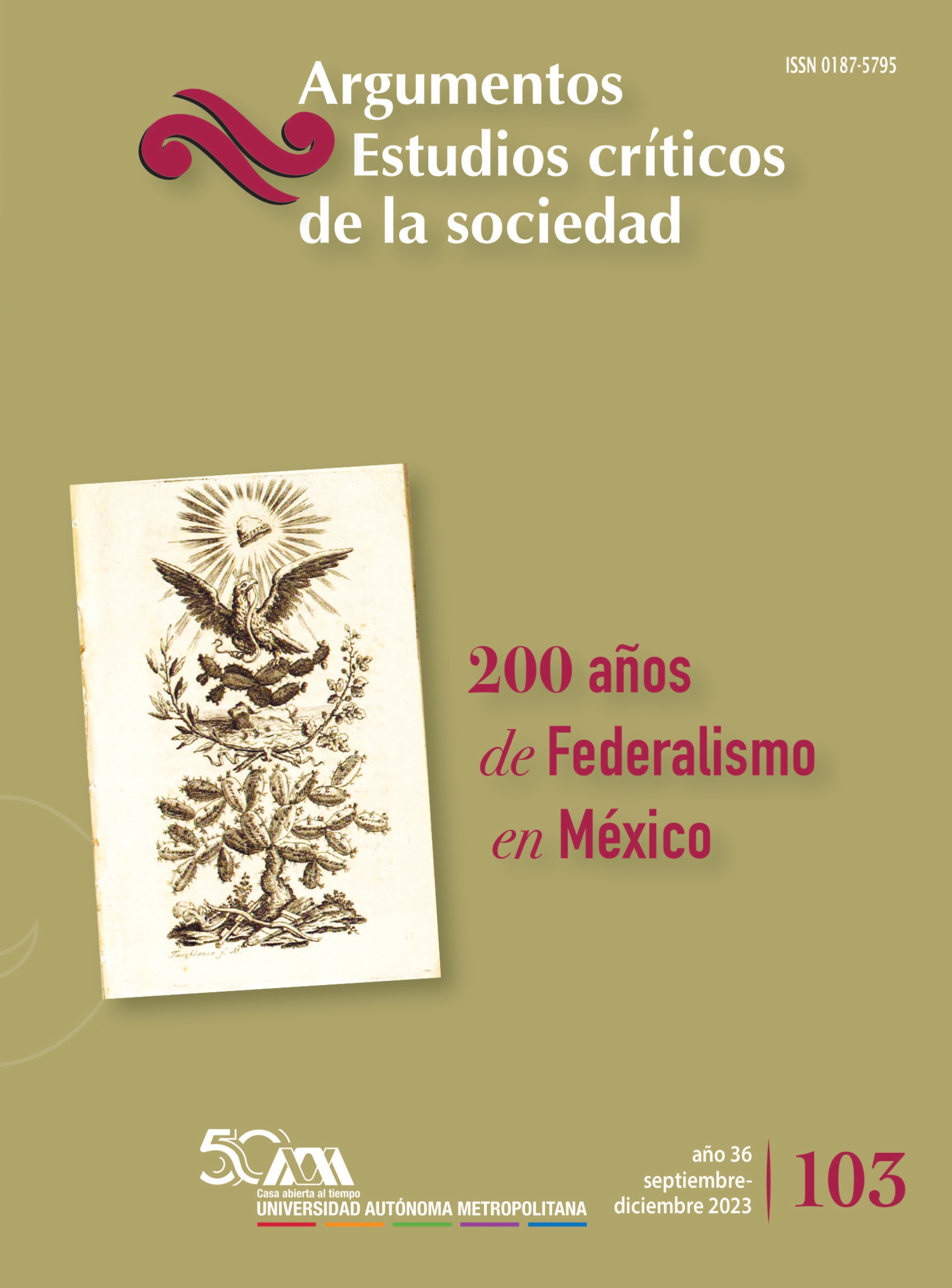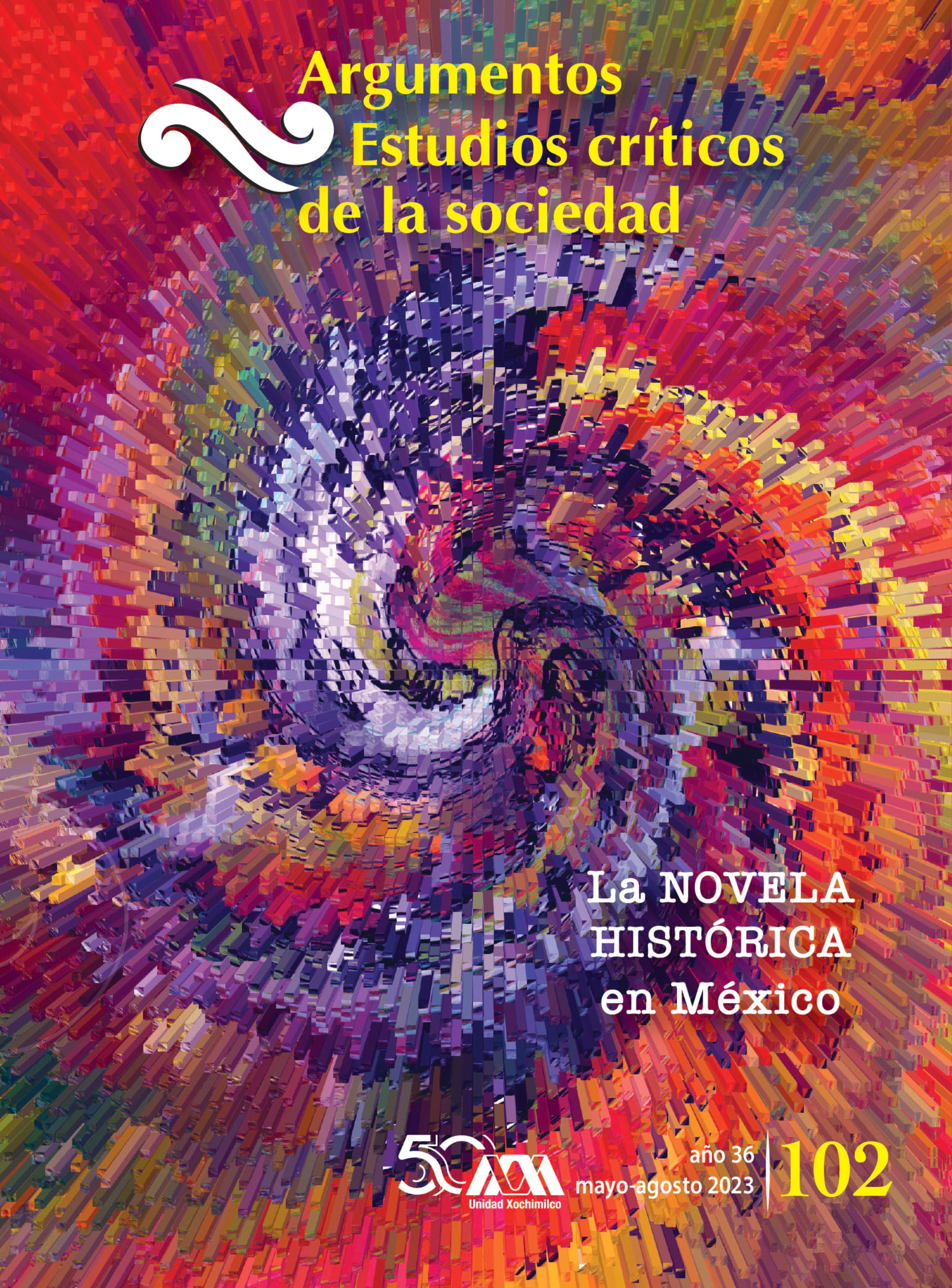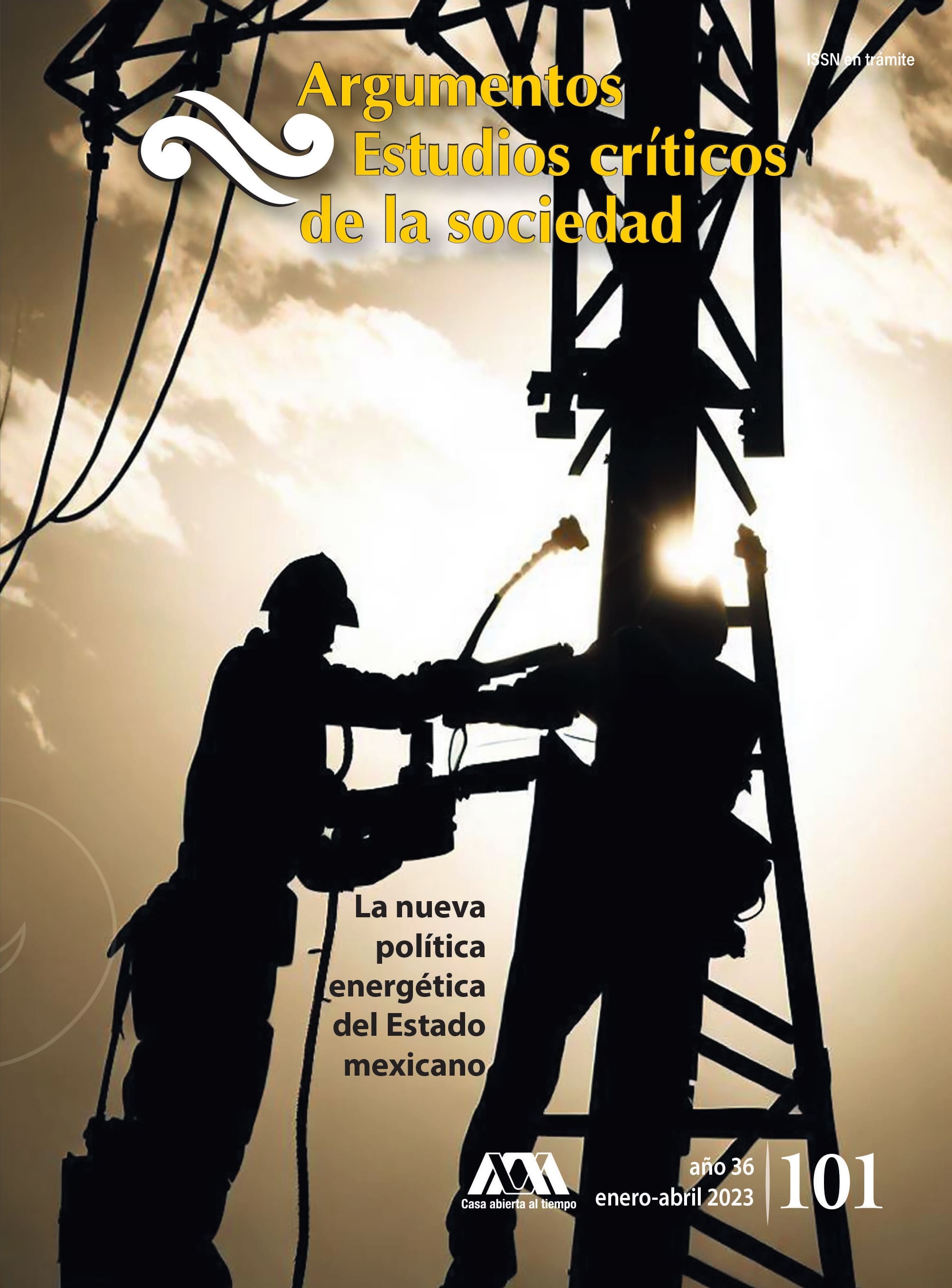Historical representation of women:
Wollstonecraft and Rousseau
DOI:
https://doi.org/10.24275/uamxoc-dcsh/argumentos/2024104-09Keywords:
woman, submission, Wollstonecraft, RousseauAbstract
Since ancient Greece, landing in modern times, women have been considered an addition to men. In this article, documentary research was used as a methodological approach. There were women who fought for the rights of their sex. One of them was Mary Wollstonecraft (1759-1797), philosopher of the Enlightenment, pioneer in enforcing the vote and education of women. Some ideas about her work are needed. Likewise, the role of women in the work of the philosopher Rousseau (1712-1778) is addressed. It concludes by questioning whether women in Wollstonecraft’s time had other options apart from those imposed socially, that is, being a wife and mother. However, there were women who made an effort, but their daring cost them dearly, since it went against what was established.
References
Aguilar, F. del R. (2018). “Cartografía del ser, sentido y significado de la mujer en el pensamiento filosófico de las edades antigua y medieval”, Revista Cátedra, 1(1), pp. 104-119.
Arias, F. (2023). “Investigación documental, investigación bibliométrica y revisiones sistemáticas”, Revista Electrónica de Humanidades, Educación y Comunicación Social, 31(22), pp. 9-28.
Batista, M. (1654). Vida de la Venerable Madre Feliciana de San Joseph, carmelita descalza. Zaragoza: Domingo La Puyada.
Bertomeu, M. J. (2007). “Transgredir aquellas reglas de silencio impuestas a las mujeres: Isotta Nogarola e Isabella di Morra”, Lectora: Revista de Dones i Textualitat, 13, pp. 17-27.
Chicharro, E. (2018). “La correspondencia familiar en el ámbito conventual femenino: Cartas de María de Jesús Ágreda a la duquesa de Albuquerque”, Via Spiritus. Revista de História da Espiritualidade e do Sentimento Religioso, 20, pp. 191-214.
Clery, E. J. (2019). Mary Wollstonecraft: A Feminist Exile in Paris <https://dspace.cuni.cz/bitstream/handle/20.500.11956/108691/E_J_Clery_29-46.pdf?sequence=1> [consulta: 1 de junio de 2019].
Cobo, R. (1989). “Mary Wollstonecraft: Un caso de feminismo ilustrado”, Reis, 48, pp. 213-217.
Darling, J. y M. Van de Pijpekamp (1994). “Rousseau on the Education, Domination and Violation of Women”, British Journal of Educational Studies, 42(2), pp. 115-132.
Fernández, M. (1998). “A propósito de Mary Wollstonecraft”, Cuadernos de Historia Contemporánea, 20, pp. 273-284.
Ferrer, S. (2017). Breve historia de la mujer. Madrid: Nowtilus.
Ferrús, B. (2005). Heredar la palabra: vida, escritura y cuerpo en América Latina. Valencia: Universidad de Valencia.
Frazer, E. (2020). “Mary Wollstonecraft’s Political Political Theory”, The Review of Politics.
Garcerá, F. (2017). “Literatura española y latinoamericana escrita por mujeres: Nuevas perspectivas de estudio y recuperaciones”, Iberoamericana, 17(64), pp. 269-282.
Gatens, M. (1986). “Rousseau and Wollstonecraft: Nature vs. Reason”, Australasian Journal of Philosophy, 64, pp. 1-15.
Gerson, G. (2002). “Liberal Feminism: Individuality and Oppositions in Wollstonecraft and Mill”, Political Studies, 50, pp. 794-810.
Goicochea, M. A. y V. Goicochea (2018). “Diversidad afectiva: visibilizar la homosexualidad femenina”, Asparkía, 33, pp. 225-241.
Griffiths, M. (2014). “Educational Relationships: Rousseau, Wollstonecraft and Social Justice”, Journal of Philosophy of Education, 48(2), pp. 339-354.
Hernández, A. (2016). “La socialización familiar del género: de la tradición a la transición”, en J. Gonzáles, E. Ruiz y J. Cufarfan (eds.), Revisiones empíricas del desarrollo humano, volumen II. México: Universidad Autónoma de Coahuila, pp. 23-50.
Infiesta, L. (1973). Ninon de Lenclos. Barcelona: Rodegar.
Lenclos, N. (1844a). Cartas al marqués de Sévigné. Tomo I, Losañez, J. R. (trad.). Madrid: Imprenta de D. Antonio Yenes.
Lenclos, N. (1844b). Cartas al marqués de Sévigné. Tomo II (J. R. Losañez, trad.). Madrid: Imprenta de D. Antonio Yenes.
Lettow, S. (2017). “Feminism and the Enlightenment”, en A. Gary, S. Khader y A. Stone (eds.), Londres / Nueva York: Companion to Feminism Philosophy/Routledge.
Macionis, J. J. y K. Plummer (2011). Sociología, en C. Flesher y J. Calvo (trads.). Madrid: Pearson Educación.
Mill, J. S. (2008). La esclavitud femenina. Madrid: Artemisa.
Millett, K. (1995). Política sexual. Madrid: Cátedra.
Morales, A. (2019). “Lesbiana no es un insulto. Es un placer político y orgásmico”. Agenda Cultural Alma Máter, 265.
Owusu, C. (2016). “Who Won the Debate in Women Education? Rousseau or Wollstonecraft?”, Journal of Education and Practice, 7(6), pp. 191-193.
Pessah, M. (2012). “La preciosidad de la palabra escrita o… de huellas y pasos que combaten la invisibilidad herstórica”, Solar, 12(1), pp. 91-106.
Reuter, M. (2014). “‘Like a Fanciful Kind of Half Being’: Mary Wollstonecraft’s Criticism of Jean-Jacques Rousseau”, Hypatia, 29, pp. 925-941.
Rosales, A. L. (2010). Sexualidades, cuerpo y género en culturas indígenas y rurales. México: Universidad Pedagógica Nacional.
Rousseau, J.-J. (1762/2011). Emilio o de la educación. México: Porrúa.
Sabuco, O. (1588). Nueva filosofía de la naturaleza del hombre. Madrid: P. Madrigal.
Sáenz, M. del C. (2013). “Mary Wollstonecraft: Referente feminista”, Redur, 2, pp. 127-138.
Safo (1986). Poemas, Carlos Montemayor (ed.). México: Trillas.
Szczap, A. (2017). “Polemika Mary Wollstonecraft z poglądami JeanaJ. Rousseau natemat wychowania i edukacji kobiet”, Wychowanie w Rodzinie, 12, pp. 39-50.
Ventura, A. (1993). “Mary Wollstonecraft: Una aproximación a su obra”, Asparkia. Investiagació Feminista, 2, pp. 63-74.
Wollstonecraft, M. (1792/2018). Vindicación de los derechos de la mujer. Madrid: Cátedra.
Wollstonecraft, M. y M. Shelley (1788/2011). Mary; Maria/Mathilda. Madrid: Nórdica.
Downloads
Published
How to Cite
Issue
Section
License
Copyright (c) 2025 Argumentos Estudios críticos de la sociedad

This work is licensed under a Creative Commons Attribution-NonCommercial-ShareAlike 4.0 International License.








